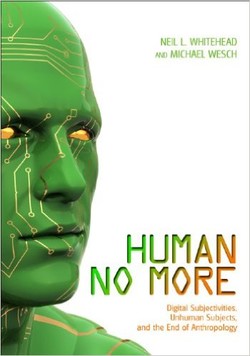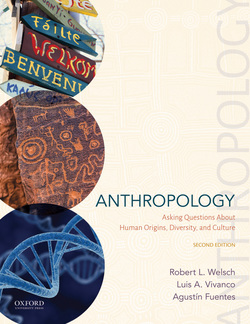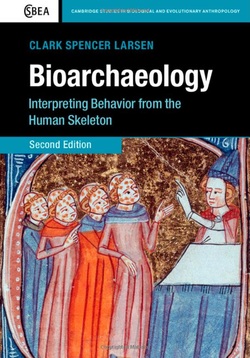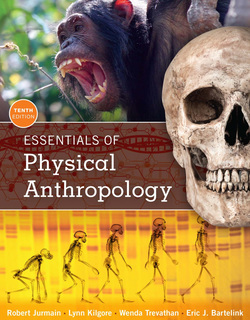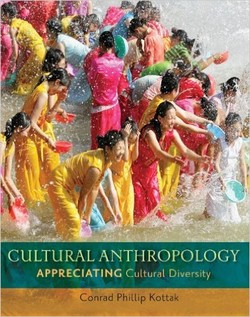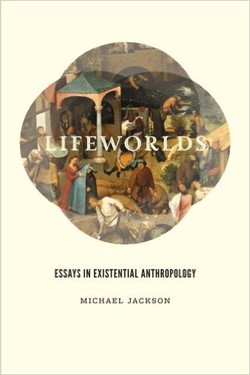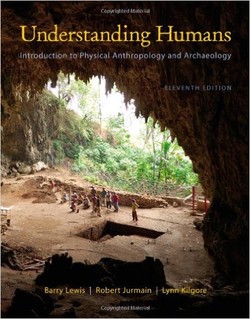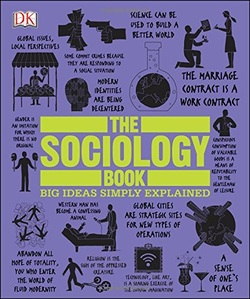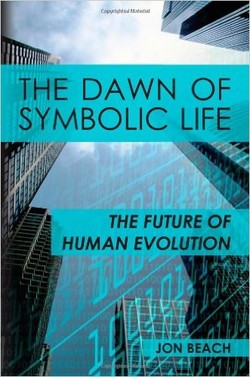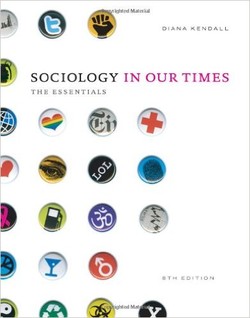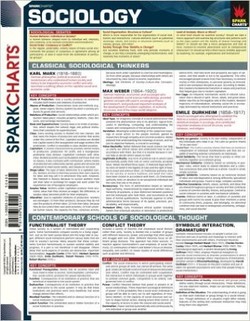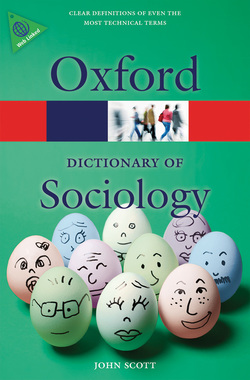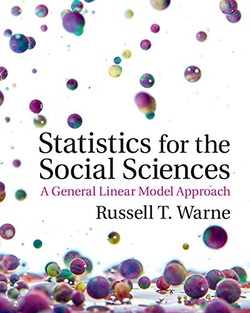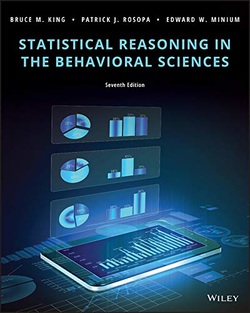اخیرا جهانهای آنلاین، مفهوم سنتی انسانشناسی از مردمنگاری مبتنی بر مکان را به موضوعی کماهمیت تبدیل کردهاند.
آنها تعاریف را میشکنند، تمایزات را محو میکنند و ما را مجبور به تجدید نظر در مفهوم “فرد” میکنند. کتاب “پایان انسان” جویا میشود که چگونه فرهنگهای دیجیتالی میتوانند ادغام شده و چگونه مردمنگاری “غیرانسان” و “دیجیتال” میتوانند امکان پیکربندی دوباره مفهوم “انسان” را هدایت کنند.
این اثر تحریک برانگیز و پیشگامانه، فرضیات اساسی درباره تمام رشتههای انسانشناسی را به چالش میکشد و تحقیقات میانرشتهای، این بخش را برای درک تعامل انسان معاصر، حیاتی کرده است. این کتاب نه فقط برای انسانشناسان بلکه دانشجویان و محققان رسانه، ارتباطات، فرهنگ عامه، هویت و فناوری نیز جذاب خواهد بود.
آنها تعاریف را میشکنند، تمایزات را محو میکنند و ما را مجبور به تجدید نظر در مفهوم “فرد” میکنند. کتاب “پایان انسان” جویا میشود که چگونه فرهنگهای دیجیتالی میتوانند ادغام شده و چگونه مردمنگاری “غیرانسان” و “دیجیتال” میتوانند امکان پیکربندی دوباره مفهوم “انسان” را هدایت کنند.
این اثر تحریک برانگیز و پیشگامانه، فرضیات اساسی درباره تمام رشتههای انسانشناسی را به چالش میکشد و تحقیقات میانرشتهای، این بخش را برای درک تعامل انسان معاصر، حیاتی کرده است. این کتاب نه فقط برای انسانشناسان بلکه دانشجویان و محققان رسانه، ارتباطات، فرهنگ عامه، هویت و فناوری نیز جذاب خواهد بود.
سال انتشار: 2012 | تعداد صفحات: 264 | حجم فایل: 2.29 مگابایت | زبان: انگلیسی
Human No More: Digital Subjectivities, Unhuman Subjects, and the End of Anthropology
نویسنده:
Neil L. Whitehead, Michael Wesch
ناشر:
University Press of Colorado
ISBN10:
1607321696
ISBN13:
9781607321699
